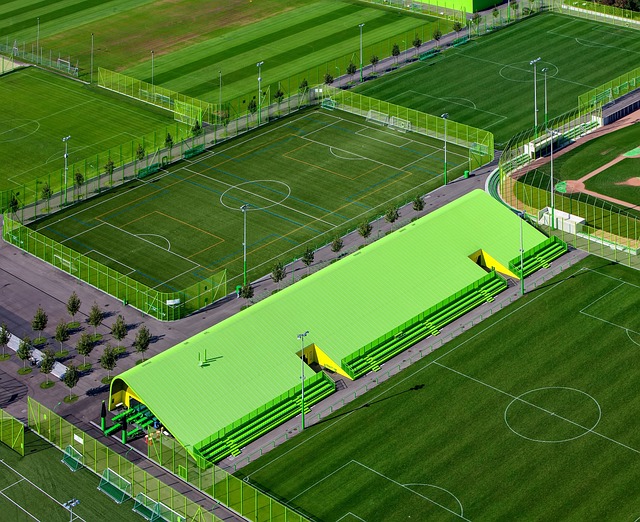In the dynamic real estate sector, compliance grants from governments offer developers, investors, and property managers powerful tools to promote environmental protection, safety, and community development. These incentives fund green building practices, energy efficiency retrofits, zoning compliance, and accessibility renovations. By leveraging these grants, professionals can navigate complex regulations, reduce costs, contribute to sustainability goals, and enhance property value while staying competitive. Strategic planning involving grant research, robust project proposals, networking, and exploring diverse funding sources ensures successful real estate project financing.
In the dynamic realm of real estate, staying compliant is not just a legal requirement but also a key differentiator. This article explores the often overlooked yet invaluable grants and incentives designed to support industry professionals in achieving regulatory adherence. From understanding common compliance grants to deciphering eligibility criteria and securing funding, this comprehensive guide equips folks in the sector with the knowledge to navigate financial aid successfully.
Understanding Compliance Grants in Real Estate: An Overview of Common Incentives

In the dynamic realm of real estate, understanding compliance grants and their associated incentives is a game-changer for developers, investors, and property managers. These grants, often provided by local, state, or federal governments, aim to encourage adherence to specific standards and regulations designed to protect the environment, promote safety, and enhance community development. By availing these funds, real estate professionals can navigate complex compliance landscapes more efficiently. Common incentives include financial support for implementing green building practices, which not only benefit the environment but also attract eco-conscious tenants and buyers.
Another significant area of focus is energy efficiency retrofits, with grants encouraging the adoption of sustainable technologies like solar panels, smart thermostats, and improved insulation. These initiatives not only reduce operational costs for property owners but also contribute to broader carbon reduction goals. Additionally, incentives are available for compliance with zoning regulations, ensuring properties are utilized in line with community plans, and for renovations that meet accessibility standards, making properties more inclusive for all residents.
Eligibility Criteria for Compliance-Related Financial Aid

Many grants and incentives are available for those in the real estate industry who prioritize compliance with regulations. To be eligible, applicants typically need to demonstrate a commitment to adhering to legal standards and industry best practices. This often involves showcasing a comprehensive understanding of relevant laws and their practical application within specific projects. Financial aid may be awarded to individuals or organizations that can prove they are taking proactive measures to ensure fair and ethical conduct in all aspects of real estate transactions.
Eligible candidates might include developers, agents, and property managers who implement robust compliance programs. These programs could encompass training initiatives for staff, the adoption of advanced technology to streamline regulatory processes, and the development of internal policies that exceed industry benchmarks. The financial support offered can be instrumental in covering the costs associated with these measures, enabling businesses to enhance their operational efficiency and maintain a competitive edge while navigating complex legal landscapes.
Strategies to Secure Funding for Real Estate Projects: A Step-by-Step Guide

Securing funding for real estate projects can seem like a daunting task, but with careful planning and strategic approach, it becomes more manageable. Here’s a step-by-step guide to help navigate the process effectively.
Start by thoroughly researching available grants and incentives tailored for the real estate industry. Many governments and organizations offer financial support for specific projects, such as affordable housing developments or sustainable building initiatives. Identify the relevant programs and carefully review their eligibility criteria and application requirements. Next, prepare comprehensive project proposals that highlight the unique value and impact of your development plan. This includes market analysis, financial projections, and a clear outline of how the funding will be utilized. Networking is also crucial; connect with industry professionals, investors, and potential partners who can provide insights or contribute to your funding efforts. Additionally, consider alternative financing options like private lenders, crowdfunding, or public-private partnerships to diversify your funding sources.






